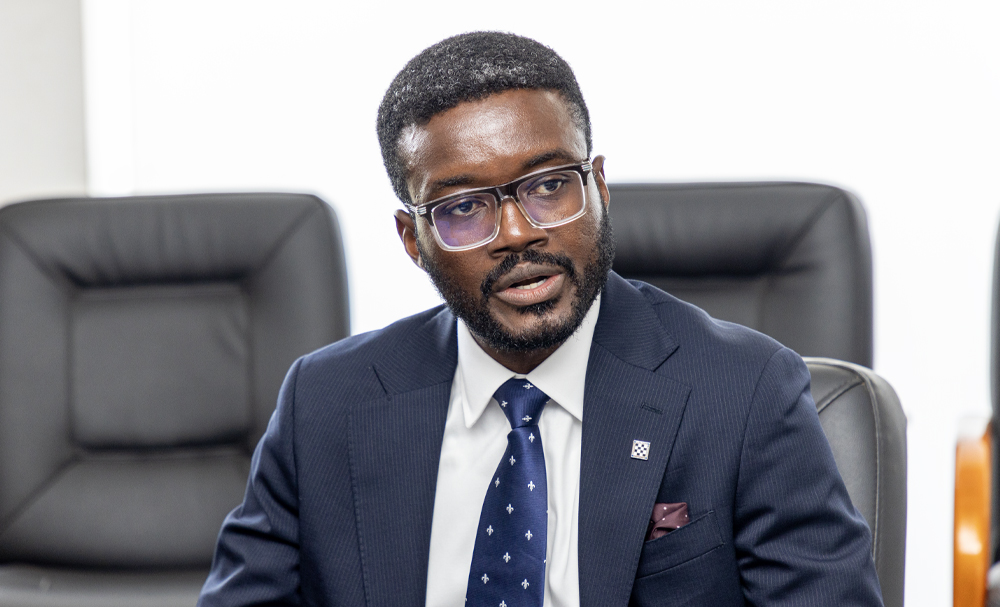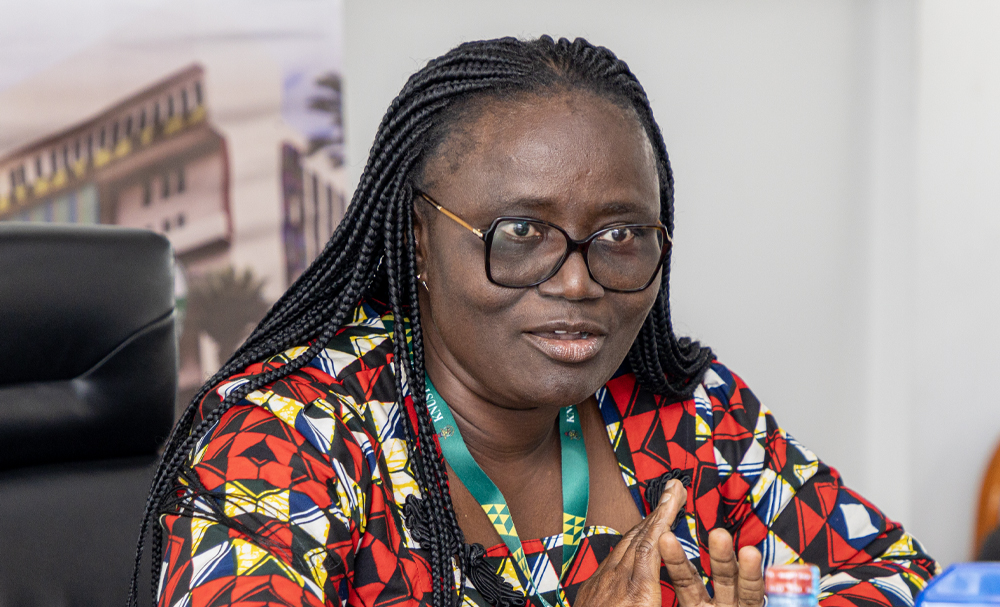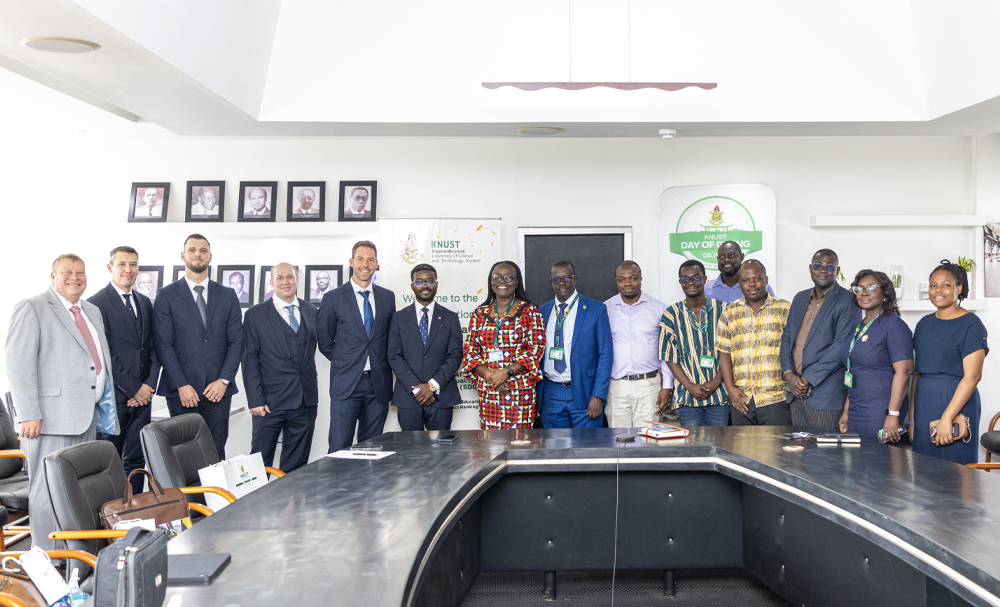DreamPower Africa has engaged the Kwame Nkrumah University of Science and Technology (KNUST) in discussions aimed at establishing a strategic partnership. The visit forms part of DreamPower Africa's broader mission to forge public-private collaborations across South and Sub-Saharan Africa, focused on unlocking the continent’s vast solar potential.
The discussions explored avenues for collaboration, outlining next steps, and leading to the signing of a Memorandum of Understanding (MoU) to define how both parties will work together.

Mr. Stephen Onyinah-Karikari, Chief Operations Officer of DreamPower Africa, emphasized the need to collaborate with key institutions like KNUST to advance energy solutions, drive innovation, and promote technology transfer.
He also announced the organization's intent to begin a second phase of the initiative, which focuses on the promotion of electric vehicles (EVs) and the necessary infrastructure to support them.
“The EV revolution is here, but the infrastructure is not. To address this, the team is looking to partner with state-owned institutions to develop EV charging stations. Plans are also underway to pilot an EV initiative with the State Transport Company (STC), as well as assembly plants for electric vehicles,” he revealed.

Professor (Mrs.) Rita Akosua Dickson, Vice-Chancellor of KNUST, highlighted the university’s commitment to energy efficiency and carbon footprint reduction.
She shared the university's vision of becoming fully powered by solar energy and expressed interest in collaborating with DreamPower Africa to achieve this goal. “As a university, we took an intentional step toward adopting solar energy.
It was a deliberate and purposeful decision. Our dream and vision is for this university to be entirely powered by solar," she stated. She further noted that such collaboration could create more opportunities for student employment and enhance the integration of sustainable energy solutions into the university’s daily operations.
Mr. Morné Kapp, Technical Director, DreamPower Africa, revealed the organization's aim of channeling capital into solar energy generation and battery storage systems in Ghana, while also supporting the development of local manufacturing capabilities.
“We’re looking at how to utilize Ghana’s own mineral wealth to build energy storage solutions locally and train the workforce needed to sustain this ecosystem,” he said.
Professor Emmanuel Akowuah, Vice Dean of the Faculty of Electrical and Computer Engineering, highlighted KNUST’s commitment to fostering symbiotic partnerships that create mutual value. He added that the university is open to supporting factory setups and infrastructure developments.
“At KNUST, we prioritize relationships that are mutually beneficial. We have the mandate and the infrastructure to train the nation’s technical workforce,” he said. Professor Akowuah also stressed the importance of capacity building and called for collaboration in training manpower to sustain solar and energy storage installations.
“Ultimately, it’s about creating value together. KNUST envisions an ecosystem where students are actively involved in the value chains of such partnerships, contributing to and benefiting from the innovations they help develop,” he concluded.

















